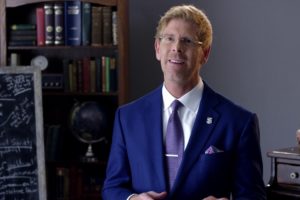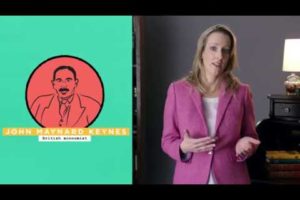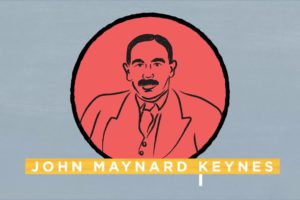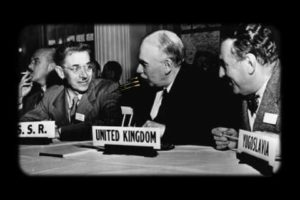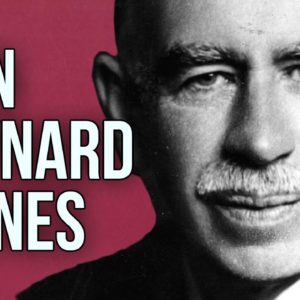Lesson 7 Lesson 7: John Maynard Keynes: Radical Conservative
Presented by: Dr. Jay Richards and Dr. Anne Rathbone Bradley
Busch School of Business and Economics at the Catholic University of America and George Mason University
The End of Laissez Faire?
John Maynard Keynes presented his ideas on aggregate economics—macroeconomics—as a marked departure from the economics he had learned when a student at Cambridge. According to Keynes, there was no theory of business activity as a whole and no theory adequate to deal with allocation of resources under conditions of less than full employment. Keynes thought that his new theory would chart a course between laissez-faire individualism and Soviet-style socialism for a workable capitalist economic system. Students will consider whether or not it did.
Key Concepts: (1) Classical Economics, (2) Aggregate or Macroeconomics, (3) Laissez-Faire Capitalism, (4) Collective Action

Learn More
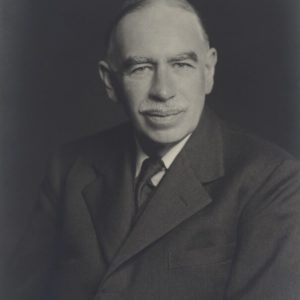 Link
Link
John Maynard Keynes, The General Theory of Employment, Interest, and Money (1936), Preface to the German edition (1936), Preface to the French edition (1939; “The Social Philosophy Towards Which The General Theory Might Lead,” Chapter 24. pp. 321-332.
Read Now Link
Link
John Maynard Keynes, Essays in Persuasion, “The End of Laissez-Faire” [1926], pp. 312-322.
Read Now
